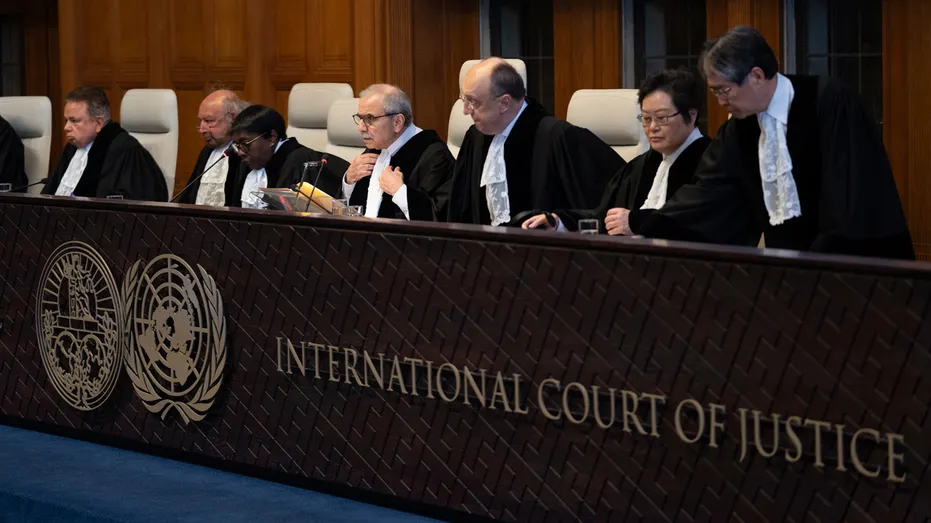Ireland has formally announced its decision to join South Africa’s genocide case against Israel at the International Court of Justice (ICJ), becoming the latest country to support the lawsuit accusing Israel of committing genocide in Gaza. This move comes as part of Ireland’s broader efforts to influence the interpretation of genocide under international law.
On Wednesday, Ireland’s Foreign Minister, Micheál Martin, confirmed that the Irish government had approved its intervention in the case, which will be presented at the ICJ in The Hague later this month. Martin stressed that Ireland’s participation aims to challenge what he described as a narrow definition of genocide, urging the court to adopt a broader understanding of the term.
“We are concerned that a limited interpretation of genocide leads to a culture of impunity where civilian protection is sidelined,” Martin said, following a Cabinet meeting. “The actions of Israel in Gaza, resulting in the deaths of over 44,000 people and the displacement of millions, amount to collective punishment of the Palestinian people, which we believe qualifies as genocide.”
Martin emphasized that Ireland’s perspective on the Genocide Convention places significant focus on the protection of civilians in conflict zones. By intervening, Ireland seeks to promote this broader interpretation, which prioritizes preventing atrocities and ensuring accountability for states committing mass violence.
This legal move comes after Israel’s military offensive in Gaza, launched in October 2023, has drawn global criticism for its devastating humanitarian toll, particularly the heavy casualties among women and children. The conflict has resulted in what many view as disproportionate force used against Gaza’s civilian population, fueling calls for legal action at the international level.
Alongside its support for South Africa’s case, Ireland has also signaled its intent to join Gambia’s case against Myanmar under the same Genocide Convention, further underlining the country’s commitment to holding states accountable for actions that result in mass civilian harm.
The case against Israel follows a broader international effort to address accountability for alleged war crimes. Last month, the International Criminal Court (ICC) issued arrest warrants for Israeli Prime Minister Benjamin Netanyahu and former Defense Minister Yoav Gallant for their roles in the Gaza conflict, accusing them of war crimes and crimes against humanity.
Ireland’s legal intervention at the ICJ signals a growing coalition of nations urging for stronger international legal action in response to state-led atrocities and the protection of civilian lives in armed conflicts.


